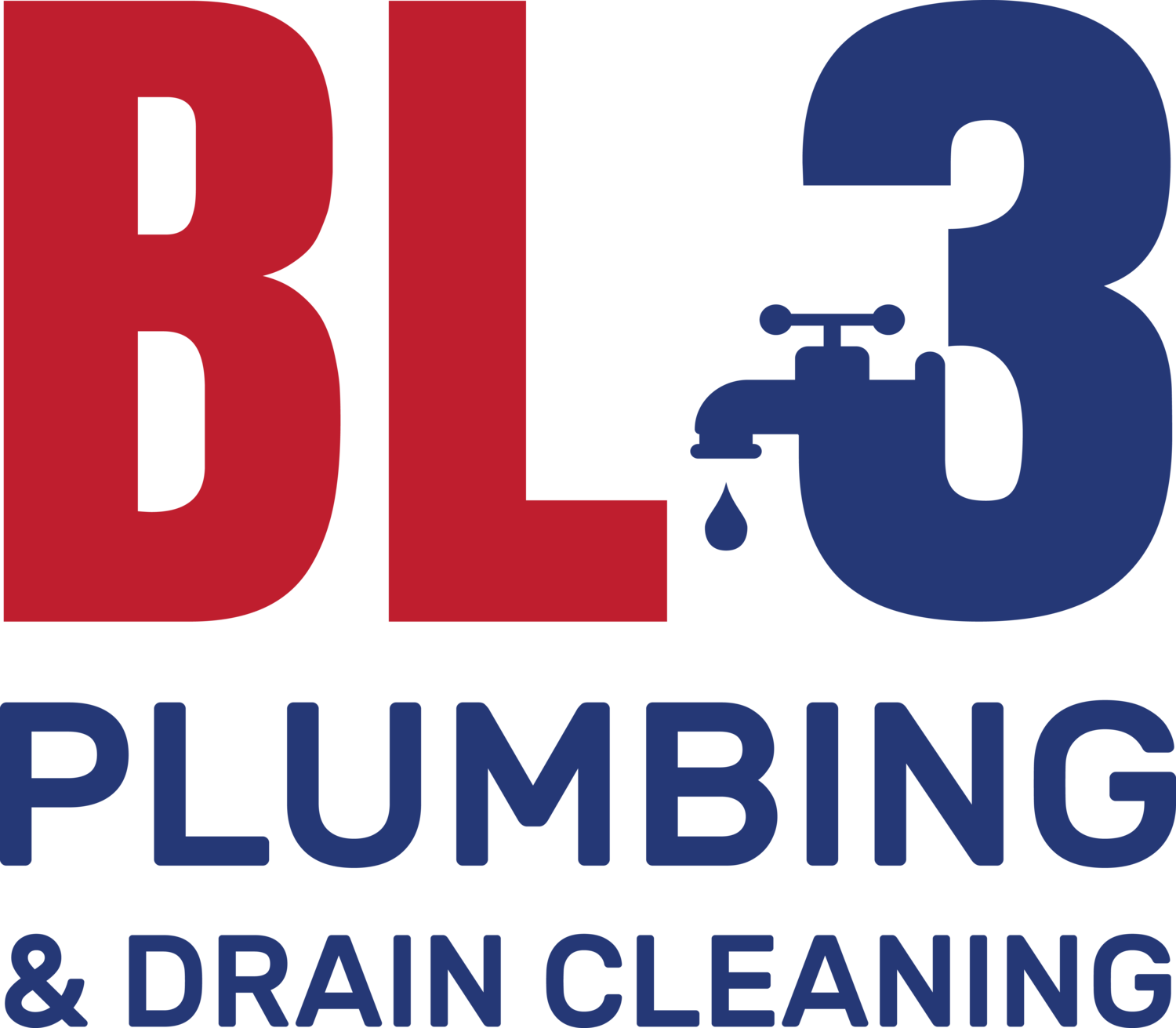In the deepest parts of winter, one of the biggest priorities is keeping your home functioning, which especially includes making sure your pipes don’t freeze or, worse, burst. Frozen pipes only serve to exacerbate the cold and are hugely inconvenient, and once they’ve burst, it can cost money and effort to fix them and the damage they can cause.
Before it gets too cold to go outside, we’ve created a quick cheat sheet for your winter pipes. Not only are we going to discuss preventative measures you can take, but we’ll also talk about how to tell if your pipes are frozen, and what to do in case they do.
Are My Pipes Frozen?
First things first, we want to make sure you know how to check if your pipes are frozen. If you’ve returned from a trip and you forgot to take preventative steps, or you simply didn’t realize it was going to freeze one night and went to bed, it’s good to ensure everything is okay when you can.
The easiest and earliest step to check is to simply test the faucets in your home. If no water comes out, or if it’s extremely weak, your pipes could be frozen. If this is the case, you’ll want to find your water heater or pipes themselves and look for leaks.
In the case that you find that the pipes are frozen but none have ruptured and there are no leaks, you may be able to thaw the pipes yourself, but you should be careful, as doing so incorrectly can be dangerous and cause worse damage. If you don’t feel confident, that’s okay – call the experts.
Thawing Your Pipes
So, you’ve decided to forge your own trail and thaw the pipes on your own. This is not at all a bad idea, as it often works perfectly fine with undamaged plumbing. The first thing you’ll want to do is turn on the faucet(s) that the pipes lead to. This will help speed up the process, while also allowing for the release of steam and water while the ice melts.
In some cases, you can simply open your faucets and allow the ice to melt, as once the sun comes up, the day is warm enough to thaw your pipes. However, if this doesn’t happen or if you’d like to help the process along, you can apply heat to the frozen section. You can do this by wrapping the pipe in an electric heating pad or using a hair dryer. You can even just use a towel soaked in warm water, though often this is difficult, since your water is limited at the moment.
Even more important than knowing how to thaw your pipes is knowing what not to do when thawing. First, make sure to never use a blowtorch, propane or kerosene heaters, or basically any open flame device. Also, avoid using a space heater unless you’re completely sure the area is clear of flammable material.
Once your pipes are thawed, turn on the warm water to make sure all the ice is cleared away. Then, take the following preventative measures for next time.
Prevent Frozen Pipes
Okay, so, you’ve taken the effort to read this before the freeze hits later this season. Good for you! You can’t stop the weather from getting cold, but you can stop it from damaging your plumbing and your home. Repairing busted pipes can cost thousands, so make sure you take measures so you don’t have to.
Before a freeze, the first thing to remember is to turn on your interior faucets, even just to a tiny stream. Moving water is far more difficult to freeze, and it’s almost impossible for it to do so in the course of one night. Next, open your kitchen cabinets, especially below the sink, to allow heated air into the space with your pipes.
The tips we’ve mentioned so far are fairly standard cold weather procedures. To take it to the next level, make sure to drain water from all exterior pipes and hoses, including the ones attached to swimming pools and/or sprinklers. You can also insulate areas around vents and lights so that warm air doesn’t escape.
Before winter hits, seal cracks in your walls, and pay attention to areas around service lines. It’s best to never let your home’s temperature dip below 55 degrees, even when you’re away. This will help interior pipes to stay warm even if you forget to leave the water running.
Repairing Busted Pipes
Unfortunately, you may still forget to take steps to prevent your plumbing from bursting, and in that case, it’s time to call your local plumbing expert. Additionally, you can call your plumber beforehand so they can check your home and get you ready for winter.
North OKC: (405) 895-6640
South OKC: (405) 237-1414
To speak with one of our experts about winterizing your home’s plumbing, give us a call today. We’re happy to speak to you about how we can protect your home during the cold time of the year. For more tips on how to prepare your home for winter, download our free guide!


